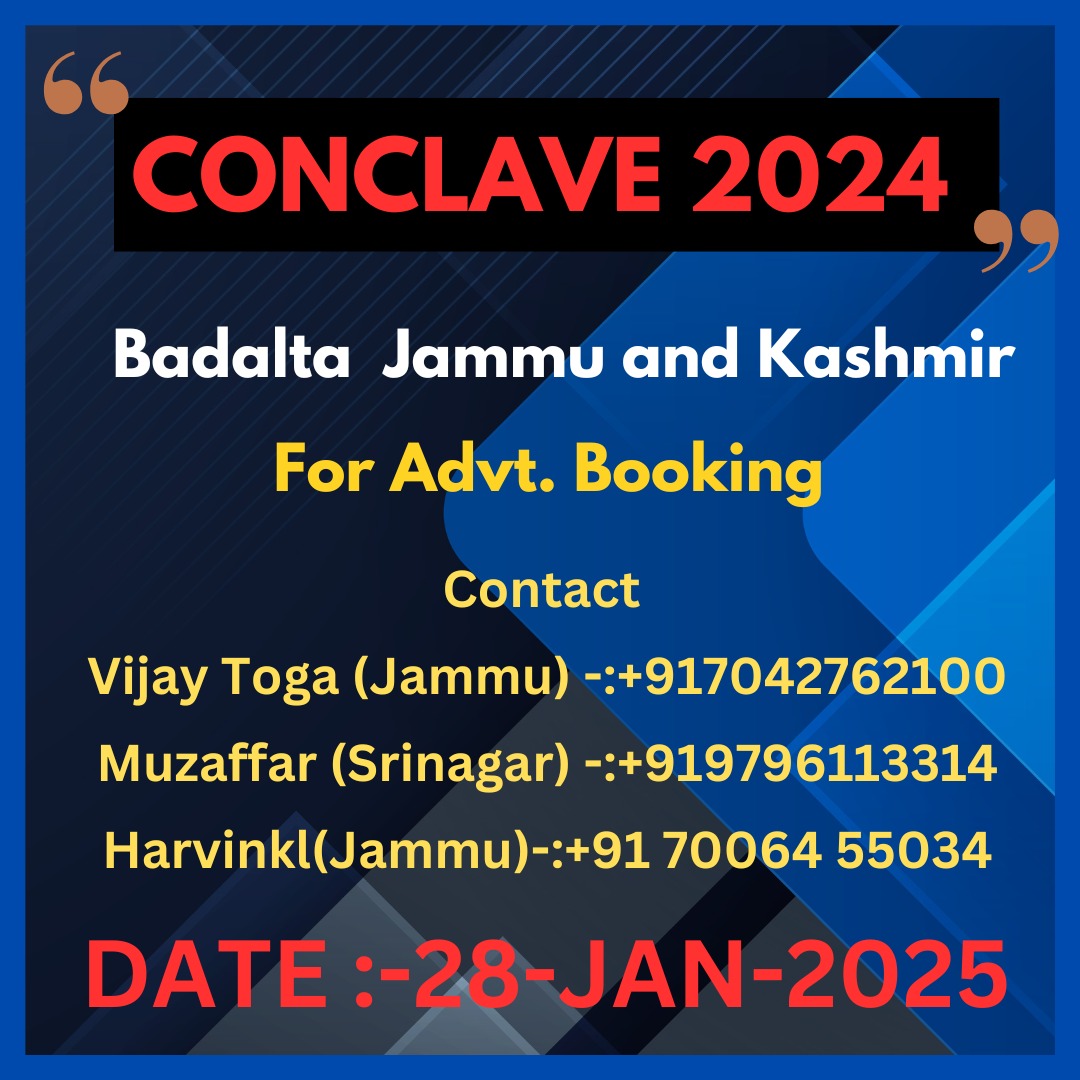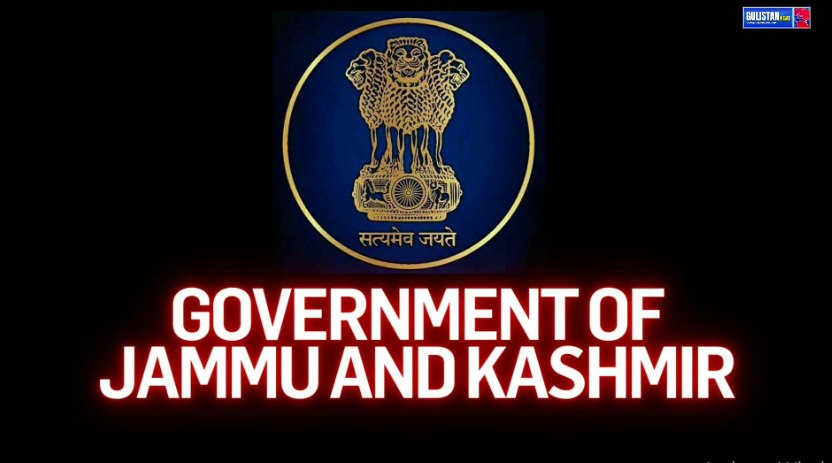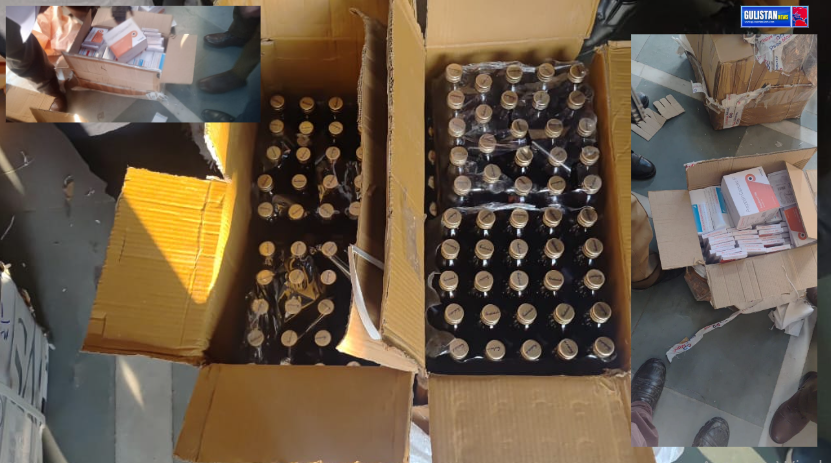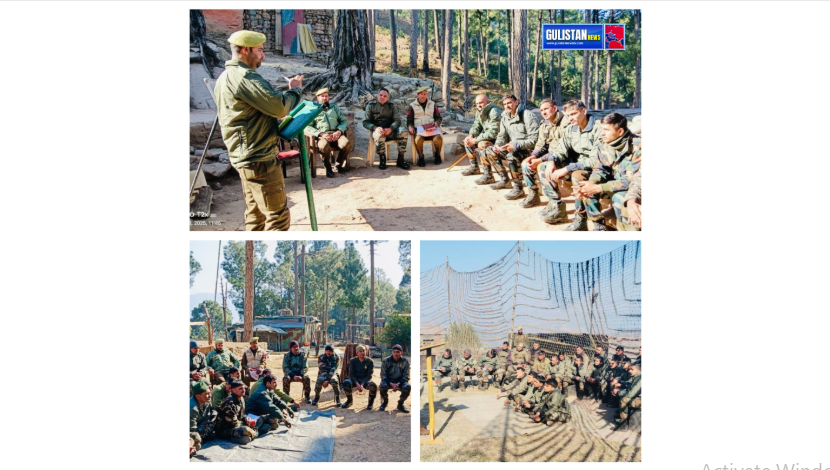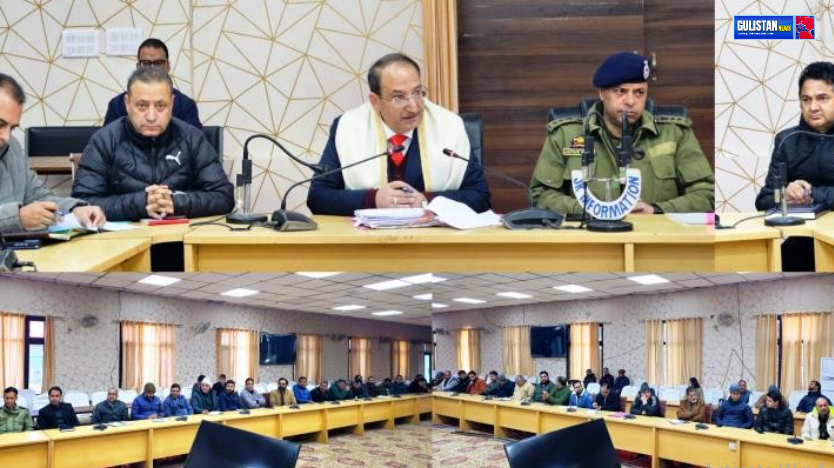Ambitious ‘ABPMJAY-SEHAT’ has proved a savior for an ailing 65 year old ‘Anchal Das’ of ward number 7, Kathua, when he got hassle free treatment in a most convenient way he would have never even dreamt of.
All his life, Das toiled hard to feed his family of 7 but things turned haywire when doctors advised him Ureter (PCNL) surgery. His world fell apart. Saving being luxury for him due to meagre monthly income of Rs 8,000, Das could save just a few hundred bucks a month.
Das was virtually broken on the mere thought of managing Rs 58, 000 for his surgery and subsequent treatment. But despair turned into hope with “ABPMJAY-SEHAT coming as a savior.
The health scheme came as life booster when I was treated in a hospital for free and with great care”, says Das while expressing his deep gratitude to the J&K administration for this historic initiative.
For someone whose only means to earn a living is toiling hard in the fields of Kashmir, even a small injury would mean empty bellies back home.
Similarly, Abdul Razzaq Dar had five family members solely dependent on him for all their needs. For the last eight years, he had been going through tough time in performing his daily work due to his knee pain.
With a meagre annual income of Rs 50000, Dar could have hardly thought of a proper treatment and his condition was deteriorating with each passing day.
And this was the time when “Ayushman Bharat – Pradhan Mantri Jan Arogya Yojana SEHAT” scheme came as a blessing for distressed Dar. Dar availed benefit of a government scheme for the first time in his whole life and was completely appreciable of government for this great help.
Finally, after eight long years of hurt and wait, Dar got his knee replaced in a private hospital under ABPMJAY-SEHAT scheme which was not less than some miracle for him.
Prime Minister, Narendera Modi, in his committment towards developing India as a healthy nation, launched this ambitious Ayushman Bharat PMJAY scheme on 26th December, 2020.
In Jammu and Kashmir, the scheme was implemented through insurance mode with private Bajaj Allianz GIC as the implementing agency. This is for the first time that a public funded Health Insurance Scheme meant for the entire population is being implemented in the UT.
The scheme primarily focuses on financial protection from catastrophic health expenditures, which is the pillar of Universal Health Coverage. It is delivered through both public and private healthcare providers for secondary and tertiary care health services. It provides a cover of Rs. 5 lakh per family per year. All Medical and surgical conditions are included with minimal exclusions. It covers both Pre and Post hospitalization expenses and all pre-existing conditions are covered from day one.
This cashless treatment facility being provided by central government under ABPMJAY-SEHAT scheme after the abrogation of Article 370 for poor and needy families has substantially reduced their out-of-pocket expenditure as well as financial bankruptcy due to severe and prolonged illness, and expensive treatment.
With substantial health insurance coverage to populace of the Union Territory, J&K has bagged best performing Union Territory category for enrolment under Ayushman Bharat Pradhan Mantri Jan Arogya Yojana (AB-PMJAY).
Under this scheme, more than 81.22 lakh persons (78.74%) have been registered making them eligible for free and quality treatment in empanelled hospitals of the country.
Nearly, 81.20 lakh persons have been issued golden cards. State Health Agency has also launched a citizen friendly facility for citizens to avail golden cards. The citizens can visit the website setu.pmjay.gov.in and register themselves and their families with details of ration cards issued by the Food and Supply Department and download their golden cards.
Earlier, SHA rolled out an ambitious door-to-door exercise to achieve 100 percent saturation under the Ayushman Bharat PMJAY SEHAT scheme.
AB-PMJAY SEHAT scheme has been like a ray of hope for poor families who couldn’t afford health treatment at premier medical institutes of the country.



